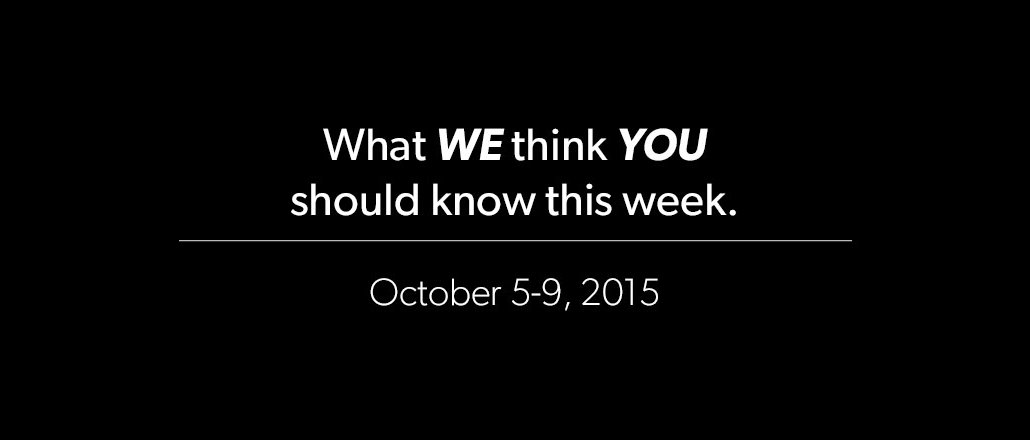Secure your place at the Digiday Media Buying Summit in Nashville, March 2-4

Here’s the best of Digiday reporting from this week in under a minute. Just enough to prime you for Friday’s cocktail hour:
Gawker Media isn’t the only publisher with a display ad problem. So it’s beefing up on native and e-commerce, where it gets one third of its revenue. Bye-bye banners and hello … snarky sponsored content?
Fewer teens hang out at the mall these days. So Abercrombie and Fitch, faced with sagging sales, needed a pivot. The retailer ditched its controversial CEO, as well as its shirtless Zoolanders, and went mobile: 60 percent of the company’s traffic and 30 percent of its revenue is now generated via phones and tablets.
Can you guess which brands are the world’s most valuable? Apple and Google top the list and this is for the third consecutive year. Both are worth more than 100 billion dollars. Just behind them are — surprise, surprise — more tech companies like Samsung, Microsoft, IBM and Amazon.
Speaking of Google, the search and advertising giant better watch its back: there’s competition a-comin’. AOL’s merger with Verizon and Microsoft adds up to an audience of 500 million users. AOL says these are “real authenticated people” who no doubt generate real authenticated data. Could it be a game-changer when it comes to advertising?
More in Media

Media Briefing: Turning scraped content into paid assets — Amazon and Microsoft build AI marketplaces
Amazon plans an AI content marketplace to join Microsoft’s efforts and pay publishers — but it relies on AI com stop scraping for free.

Overheard at the Digiday AI Marketing Strategies event
Marketers, brands, and tech companies chat in-person at Digiday’s AI Marketing Strategies event about internal friction, how best to use AI tools, and more.

Digiday+ Research: Dow Jones, Business Insider and other publishers on AI-driven search
This report explores how publishers are navigating search as AI reshapes how people access information and how publishers monetize content.





